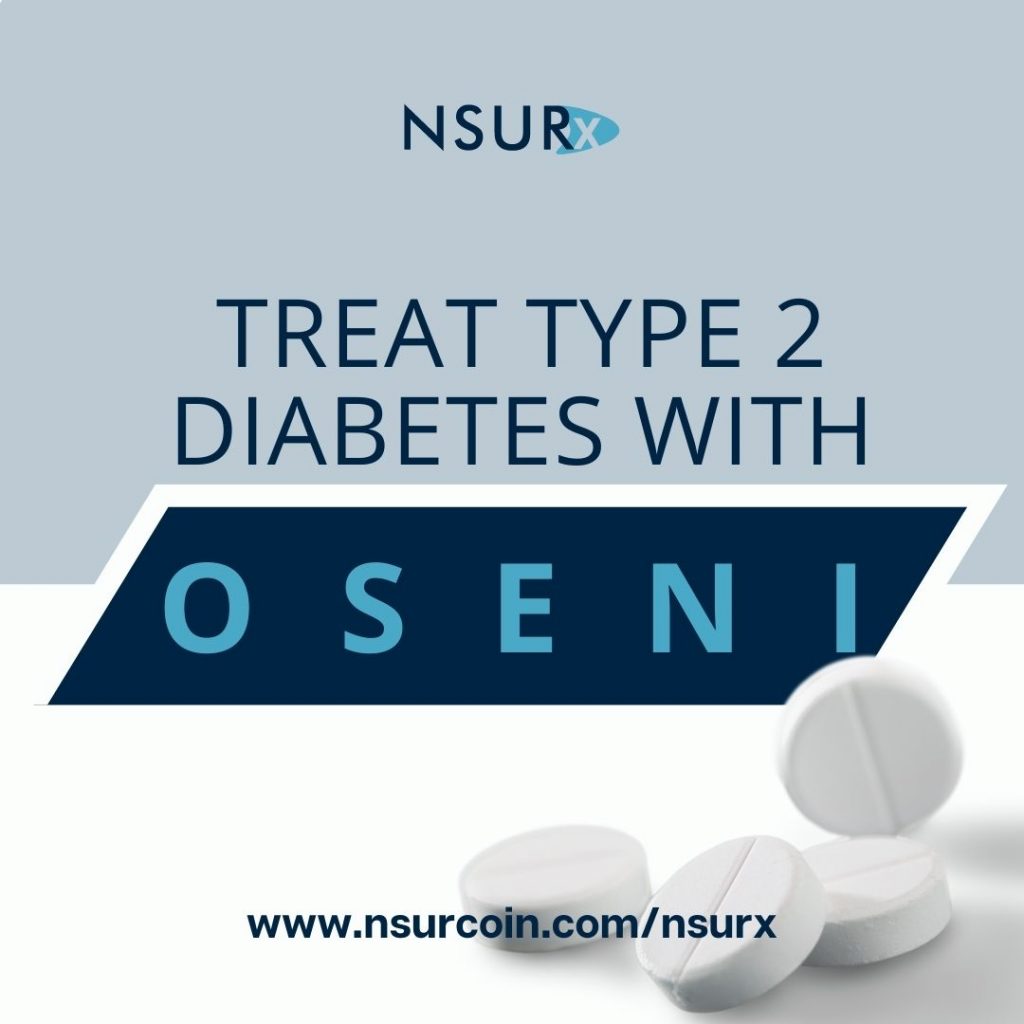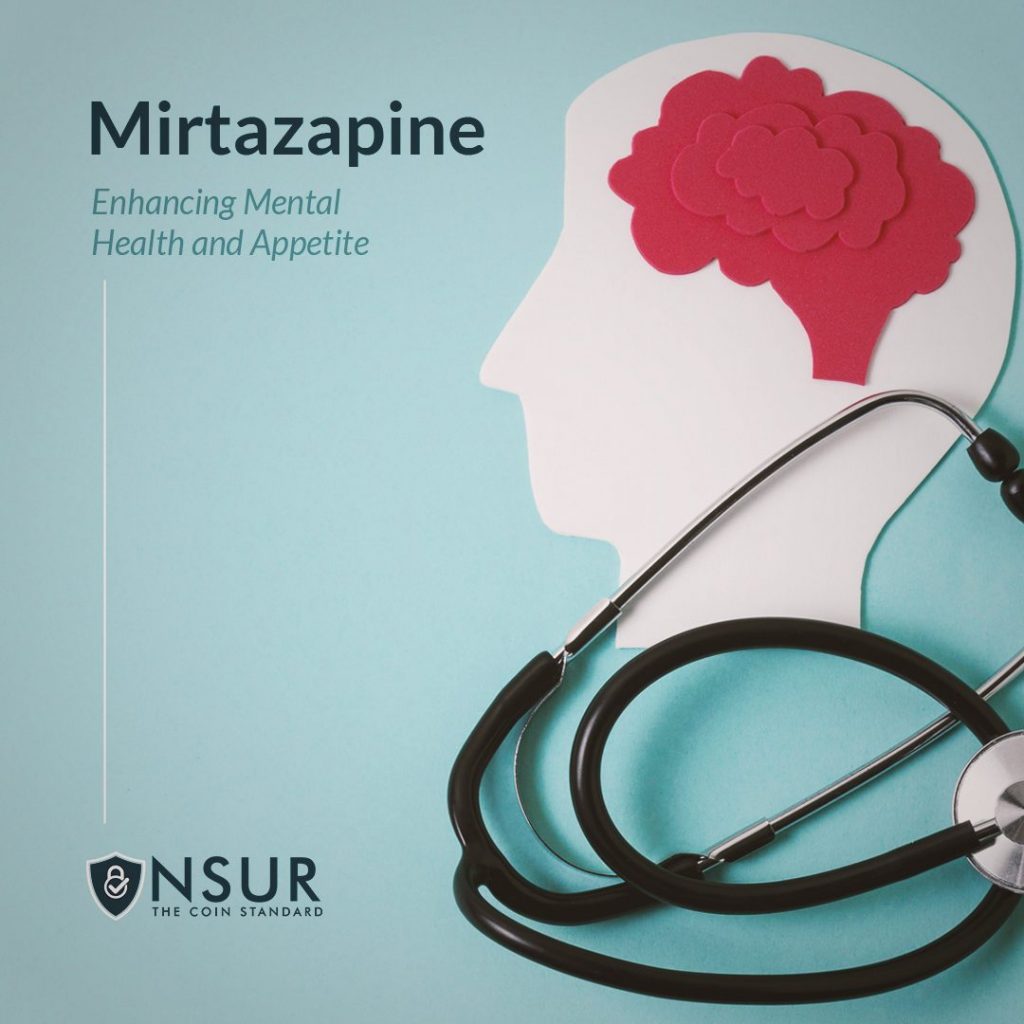
People think that blockchain is only associated with cryptocurrencies. Besides financial applications, blockchain technology has potential implementations in almost every industry, including education, food, travel, healthcare, and many more.
To establish a reliable supply chain, healthcare organizations face many challenges because of the large number of intermediaries involved in processes. Thus there is a difficulty in tracking products or where they are at any given time, and the possibility of human error. By using blockchain technology, healthcare organizations could be able to manage all these difficulties and their inventory levels skillfully and at a lower cost.
There are different ways how blockchains and cryptocurrencies can revolutionize the healthcare industry and provide much simpler solutions for healthcare-related- matters like therapeutics, insurance, medical supplies, and much more. For instance, storing and sharing patients’ medical records, medical supply chain management, insurance, preserving genomic data, and much more.
Let us walk you through how blockchain can be effective in medical supply chain management.
We have mentioned above the different examples where blockchain can be useful. Here, blockchain technology can optimize the safety to store data and remove the possibility of data loss or theft. It can serve as a solid foundation for the best functioning of the entire healthcare system.
Medical supply chain management provides detailed information about the entire drug supply chain, including manufacturing, distributors, logistics service providers, hospitals or pharmacies, and patients, where the drugs are supplied.
For instance, in countries with varying environments and temperatures, logistics for temperature-controlled products can be challenging. Making sure that drugs are stored at the proper temperatures throughout their lifecycles, poses a completely new set of challenges for pharmaceutical manufacturers. One of the prevalent problems worth mentioning is the issue of temperature-controlled logistics. The efficacy of medications is frequently lost when they are not kept at the recommended temperature. Due to their high cost and frequent need for strict cold storage and transportation, drug counterfeiters frequently target these medications.
Benefits of implementing blockchain in medical supply chain management.
An end-to-end traceability system for health products:
A pharma blockchain-based solution will make it easier to see how drugs and medical supplies move through the supply chain’s various stakeholders and points of movement. An effective stock management system and the optimization of goods flows are made possible by improved traceability.
Integrating transparency:
It is possible to track the receipt and delivery of the medical supplies’ entire supply chain. The intermediaries involved in the supply chain can also be tracked.
Reduces Losses related to counterfeiting:
A blockchain application can track a product’s journey from manufacturer to the patient with the help of digitized transactions. This would reduce the possibility of fraud and lower the associated costs by inspecting weak points in the supply chain.
Enhance efficacy while minimizing human error:
It is possible to identify the exact location of medical supplies using a blockchain platform in the pharmaceutical supply chain. To ensure patients’ health safety sending or carrying out batch reminders is more effective. It is more likely that the procedure will be effective if there are fewer people involved.
Building trust with Smart contracts:
Organizations can hold one another responsible with the help of smart contracts, which builds trust between them.
Reduces Costs:
Shippers and carriers will be able to coordinate deals more through blockchain technology. As a result, carriers and suppliers will be able to conduct more transparent transactions.
Boost Financial Aid:
A blockchain-based system has the potential to resolve the financial challenges faced by smaller retailers and operators along the supply chain by securing and automating payments between trusted parties while ensuring product integrity and preventing counterfeits.
Advancements of crypto in medical supply chain management.
A ground-breaking platform for managing the supply chain for medicines and healthcare has been made possible by crypto tokens like NSUR Coin. NSUR Coin is developing the Merchant Network, a credible network of reputable merchants who accept NSUR Coin as payment for goods and services related to health and wellness, as part of its mission to develop an ecosystem of health and wellness resources.
Apart from developing a merchant network for health-related goods and services, it has introduced the NSUR prescription saving card, which offers members up to 80% of discounts on prescriptions at the pharmacy chain or independent retail pharmacy network. It has a network of over 35000 merchants currently.
NSUR Coin has also collaborated with well-known organizations which provide various resources.
To learn more about NSUR Coin reach us here
To Conclude
A major challenge in the medical industry is the implementation of effective supply chain management. However, healthcare is more risky and complicated because a broken supply chain can jeopardize patient security. In a sector with numerous stakeholders, increased technological adoption and globalization have resulted in the development of a complex health supply chain.
Blockchain technology can potentially enhance healthcare supply chain management in several ways. Blockchain can enhance the drug supply chain in many ways, including improving data quality, traceability, transparency, and security.











